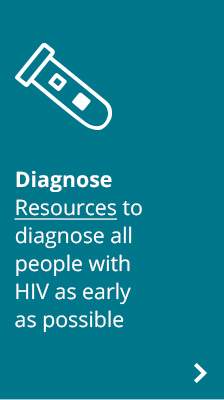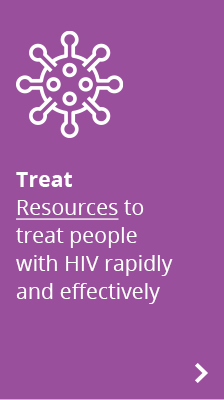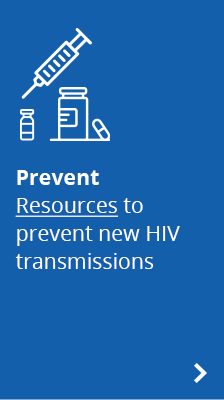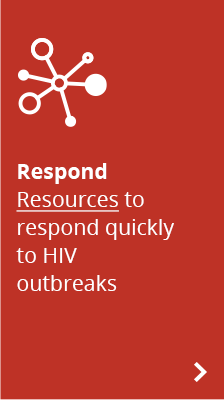Visit the COVID-19 and HIV page for the latest updates on the novel coronavirus outbreak and HIV.

Implementation of Ending the HIV Epidemic in the U.S. Strategies
The four pillars of the Ending the HIV Epidemic in the U.S. (EHE) initiative each consist of proven evidence-based and evidence-informed interventions (EBIs and EIs). These interventions are shown to improve outcomes for people with HIV and people who can benefit from HIV prevention.
Interventions range from behavioral, biomedical, and structural innovations like self-testing and PrEP to public health strategies and social marketing campaigns like treatment as prevention and CDC’s Let’s Stop HIV Together campaign. Through EHE and other initiatives, CDC is working with communities to ensure they have the resources they need to deliver these interventions to the people who need them.
Below is a list of CDC resources designed to help health departments, community-based organizations, and healthcare organizations implement these critical HIV prevention and care interventions in their communities. For more information on EBIs and EIs, see CDC’s Compendium of Evidence-Based Interventions and Best Practices for HIV Prevention.
Other Resources
A to Z Interventions and Strategies: A comprehensive list of HIV interventions and strategies, maintained by CDC
Capacity Building Assistance Resources: CDC develops resources for supporting the HIV prevention workforce through training, technical assistance, and other methods
CDC TRAIN: CDC TRAIN provides access to the Public Health Foundation’s free TRAIN Learning Network, the most comprehensive catalog of public health training opportunities
CDC National Prevention Information Network (NPIN): CDC’s NPIN is an information and resource platform that connects public health partners through collaborative communication and innovative technology solutions for HIV, viral hepatitis, STDs, TB, and adolescent and school health
National HIV Classroom Learning Center (NHCLC): The NHCLC provides training and resources to help health care agencies reduce HIV by implementing EBIs that are supported by CDC



